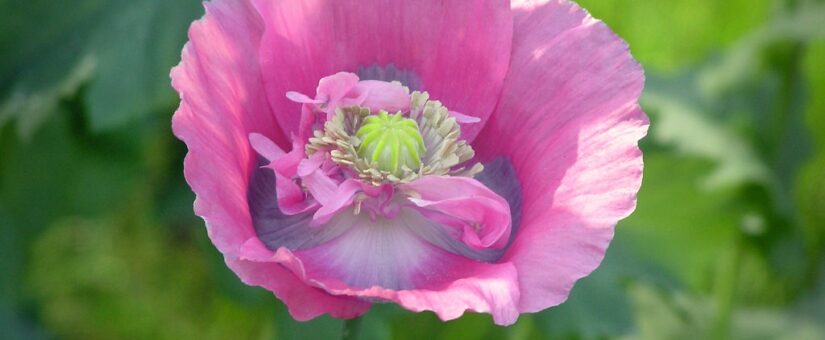
Harmlessness and the Leadership Spectrum
Second, we often can reduce the level of harm that we cause by exploring the leadership spectrum and the colors of leadership in order to understand our own preferences and habits of leadership. In engaging in a self-dialogue regarding the spectrum, we can come to insightful recognition of ways in which our own strengths as a leader can become harmful weaknesses. This potential of harm related to our own leadership preferences is especially great under the pressure of projective identification and the presence of a distorted ego ideal being assigned to us by those people who look to us for leadership.
We must be committed to seeing and telling the truth about ourselves, regardless of what other people see, think and say about us – especially if what is be conveyed is uncritically positive. Without this self-honesty, we are not only likely to harm other people—we will inevitably do harm to ourselves. It is in our failures and our unintended harm to other people that we are likely to gain the greatest (though perhaps painful) insights about ourselves. And in the midst of this honesty and truth, we might find Grace and Forgiveness.
Pebbles and Impact
We wish to conclude by offering an expanded version of a commonly shared metaphor regarding the dropping of a pebble into either a bowl of water or into a pond or lake. The first (and most painful) version is that when the pebble is dropped into the bowl of water, ripples are created. A change seems to have taken place. Action has led to results. Yet, the water soon returns to its original form and there no longer are any ripples. The water has lost all memory of the dropped pebble and the ripples.
Seeking to take action and make a difference in the world, we must acknowledge that the impact we have made is an illusion. As beings who are cursed with the capacity of transcendence (ability to see into the future and into space), we are never able, ultimately, to take credit for any lasting change—be it positive or negative. From this perspective, harm is always transient and of little importance in a university of eternity.
There is a second version of the pebble dropping in the water. The bowl has now been expanded to become a lake (usually with a sandy shoreline). The pebble is dropped in the water. There are ripples in the water that soon dissipate, apparently leaving nothing behind. Yet, if we wander along the edge of the lake, we find that the ripples have left an imprint in the sand or even more subtly has made a minor erosion of the rocks located in and beside the lake. There has been an impact, be it ever so small and perhaps ever so remote. We have made a difference – and have only to search for and be patient in discovering the difference we have made. As part of a community and as one element in a complex system, we can’t help but influence everything around us—unless we manage, somehow, never to drop a pebble in the water (as perhaps the Jains have sought to do).
- Posted by William Bergquist And Suzi Pomerantz
- On November 19, 2020
- 0 Comment

Leave Reply